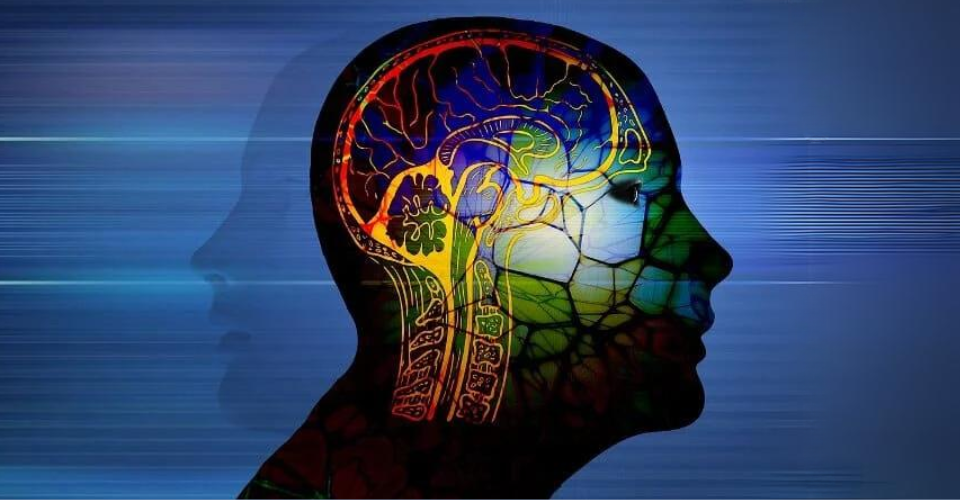In a groundbreaking study, researchers have uncovered a disturbing connection between major mental health concerns and physical ailments.
This study, which examined data from a staggering 1,94,123 psychiatric patients worldwide, compared to 76,60,590 individuals in control groups, highlights the urgent need for a holistic approach to healthcare that addresses both mental and physical well-being.
The Alarming Link Between Mental Health Concerns and Physical Ailments.
According to the study, individuals battling major mental health concerns are significantly more likely to suffer from a range of physical ailments, including metabolic diseases, hypertension, epilepsy, respiratory issues, vascular conditions, kidney problems, gastrointestinal diseases, and even cancer.
The research revealed that psychiatric patients were 1.84 times more likely than the control group to report multimorbidity, which occurs when an individual is affected by a combination of chronic diseases and at least one other physical health condition.
A Global Perspective
As of 2019, nearly one billion people worldwide were grappling with mental disorders, making it the leading cause of disability.
The impact of mental health concerns extends far and wide, affecting individuals and communities on a global scale.
In England alone, one in every four individuals is expected to face a mental health condition at some point during the year, according to Mind, a UK-based mental health organization.
Access to Mental Health Services
One of the concerning aspects highlighted by previous studies is the lack of access to effective, affordable, and high-quality mental health care, especially in low-income nations.
Shockingly, 71 percent of individuals with psychosis worldwide do not receive the necessary mental health services, exacerbating the already vast disparity between high-income and low-income countries.
The Expert’s Perspective
Lead author of the study, Professor Lee Smith, who specializes in Public Health at Anglia Ruskin University (ARU), Cambridge, emphasized the gravity of the findings.
He said, “Mental health underpins our individual and collective abilities to make decisions, build relationships, and shape the world we live in.
It is evident from our research that individuals with severe mental illness are at a significantly higher risk of experiencing physical multimorbidity.”
The consequences of this complex relationship between severe mental illness and physical multimorbidity are profound.
Professor Smith explained, “This complex relationship between severe mental illness and physical multimorbidity has far-reaching implications, including decreased treatment compliance, increased risk of treatment failure, increased treatment costs, relapsing disease, worsening prognosis, and reduced life expectancy.”
The Healthcare System Struggle
The study further sheds light on the challenges faced by healthcare systems in managing the health of psychiatric patients.
Poor clinical management of physical comorbidities in individuals with mental disorders only compounds the problem, adding to the burden on patients, their communities, and healthcare systems.
A Call for a Holistic Approach
In response to these alarming findings, experts are emphasizing the urgent need for a holistic approach to healthcare.
This approach would focus on improving the physical, mental, and social outcomes of individuals dealing with severe mental illness and physical multimorbidity.
The importance of addressing mental health concerns in tandem with physical health cannot be overstated.
Failing to do so not only jeopardizes the well-being of individuals but also places a significant strain on healthcare resources.
With the global prevalence of mental health disorders on the rise, it is imperative that healthcare systems adapt to provide comprehensive care that meets the needs of the whole person.
The results of this groundbreaking study underscore the critical importance of recognizing the intricate relationship between mental health and physical well-being.
Individuals grappling with severe mental health concerns face a heightened risk of experiencing a multitude of physical ailments, further emphasizing the need for integrated healthcare that addresses both mental and physical health.
As the global community grapples with the challenges posed by mental health disorders, it is incumbent upon policymakers, healthcare professionals, and society at large to take heed of these findings.
A holistic approach to healthcare, one that prioritizes the comprehensive well-being of individuals, is essential for improving outcomes and reducing the burden on individuals, communities, and healthcare systems.
In the face of these revelations, the call to action is clear: it’s time to bridge the gap between mental and physical health and provide individuals with the care they need to lead healthier, more fulfilling lives.




























